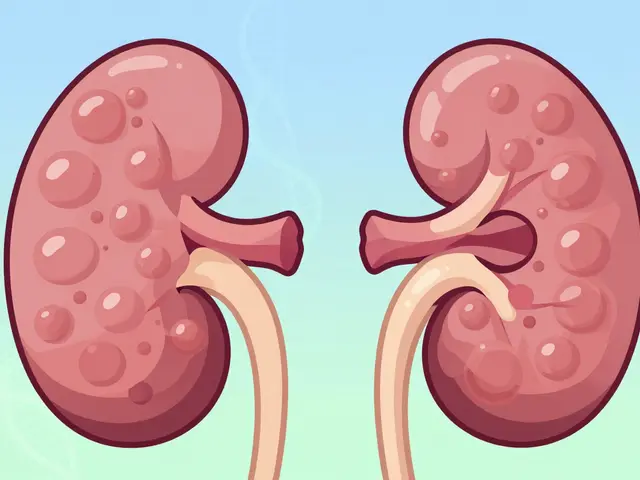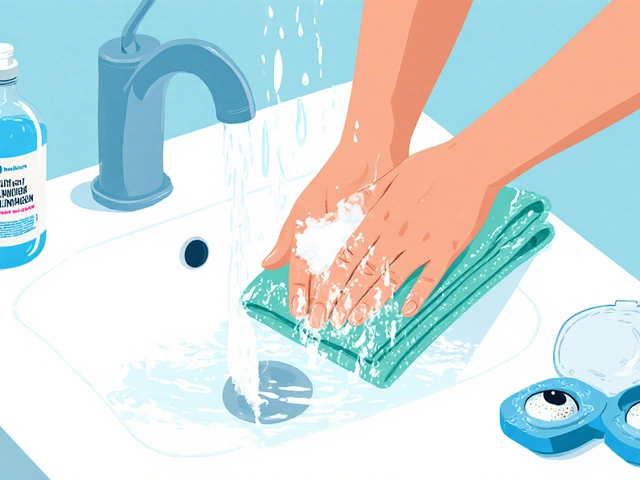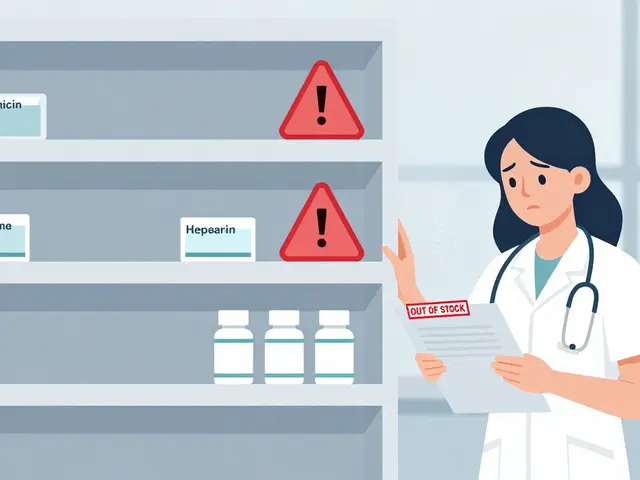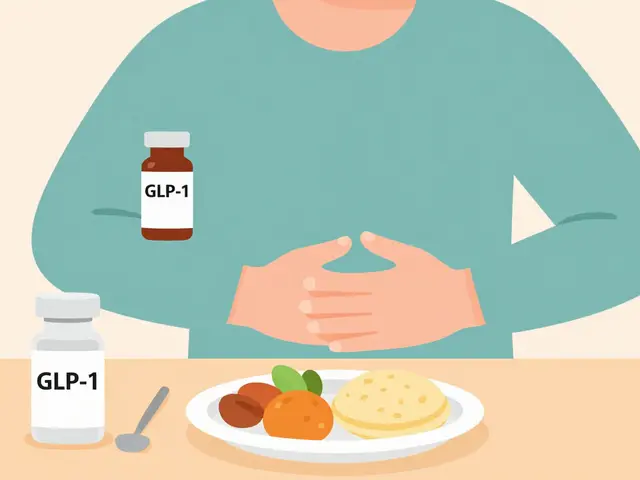Supplement Alternatives: Safer, Natural Choices for Your Health
Ever wonder if you can get the same boost from food or herbs instead of a pricey pill? You’re not alone. Many people look for supplement alternatives because they want fewer synthetic ingredients, lower costs, or just a more natural feel. Below you’ll find quick, practical ideas you can try today without Googling endless forums.
Why Choose Alternatives?
First off, real‑food sources often pack the same nutrients in a form your body can absorb better. For example, eating fatty fish gives you omega‑3s that a fish‑oil capsule mimics, but you also get protein and vitamin D. Second, natural alternatives usually have fewer fillers, binders, or artificial colors that some users dislike. Finally, using everyday ingredients keeps your budget in check—most alternatives cost a fraction of a branded supplement.
Top Natural Alternatives
Vitamin D: Instead of a capsule, step outside for 15‑20 minutes of sunlight a few times a week. If you’re in a cloudy climate, fortified orange juice or dairy can fill the gap.
Calcium: Dairy isn’t the only way. Almonds, broccoli, and canned salmon with bones all deliver calcium without a tablet.
Iron: Spinach, lentils, and beef liver are iron‑rich foods. Pair them with vitamin C‑rich fruits like oranges to boost absorption, a trick supplements can’t always match.
Probiotics: Yogurt, kefir, and sauerkraut provide live cultures naturally. A spoonful of these fermented foods each day can replace a probiotic pill.
Turmeric (Curcumin): Instead of a curcumin extract, add fresh turmeric or ground spice to soups, teas, or smoothies. Black pepper enhances absorption, just like the patented formulations.
If you’re after a specific supplement like royal jelly, consider honey or bee pollen as an alternative. They contain many of the same bioactive compounds and are easier to find at local markets.
When swapping a supplement for food, start small. Use a food diary for a week to track how you feel and whether you notice any changes. If you’re pregnant, have a chronic condition, or take medication, check with a health professional before making big switches.
Bottom line: many popular supplements have whole‑food equivalents that are cheaper, easier to digest, and free from extra chemicals. By focusing on variety—mixing fruits, veggies, nuts, and fermented foods—you can build a nutrient‑rich diet that reduces the need for a pill bottle. Give one or two of these alternatives a try and see how your body responds. You might discover a new favorite snack while covering your nutrient bases.

Thinking of using Calabar bean? Get the 2025 facts-what it is, why it’s risky, legal status, and proven, safer alternatives for focus, energy, and wellness.





